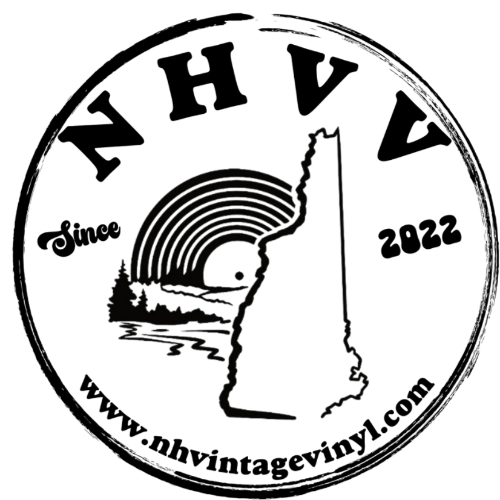The Cure - Songs of a Lost World Review by Ryan Cameron
Share
Alone
This is the way all songs end: in a swirling, all-encompassing embrace before settling into the silence that awaits at the end of it all. So begins “Alone,” the opening track on Songs of a Lost World, The Cure’s long-awaited return album. As the first single, “Alone” encapsulates the grandeur and sweeping intimacy characteristic of the best openers from the band’s masterpieces. It recalls the expansive beauty of Disintegration and Wish but also delves deeper, harkening back to the darkness and density of Pornography.
While these songs are steeped in gloom, dismay, and personal grief, the rougher edges are softened by Robert Smith’s masterful pop sensibility. One of the greatest anxieties about an artist in the later stages of their career is the potential loss of their voice. Any such fear is dispelled here, as Smith’s distinct vocals burst with the same delirious joy and desperation that have defined his work for over four decades.
These tracks feel lived-in, their dense and meticulous production a testament to the time and care poured into them. The Cure’s mastery of using synthetic string swells is evident on the second track, “And Nothing is Forever.” The sweetness of the piano drifts in and out of the dizzying haze created by rhythmic, crunching guitars and expertly muffled drums—a particularly stirring moment.
The album’s middle section features sonics that long-time fans will recognize, showing that The Cure’s signature sound has lost none of its impact. The industrial cacophony of “Warsong” evokes the influence of contemporaries like Ministry and Nine Inch Nails (The Slip comes to mind), reflecting how the circular motion of influence has returned to The Cure’s own music.
Some have argued that Songs of a Lost World may be Robert Smith’s most personal artistic statement. While his entire body of work draws from an evergreen well of despair and delirious love, tracks like “And Nothing is Forever” make a strong case. Smith’s blunt honesty in singing about the loss of his mother and brother lends the album an emotional depth that feels both raw and poignant.
The monumental closing track, “Endsong,” invites comparisons to the bookends of Wish—its “Open” and “End” tracks painting a panoramic landscape of technicolor gloom. Jason Cooper delivers a mesmerizing drum performance, while the guitars stretch and snarl around the beat. When Smith sings about being left alone with nothing, the listener is primed to confront that looming nothingness. Indeed, all songs end in silence.
On the same day the album was released, The Cure streamed a three-hour live set where the new material stood shoulder-to-shoulder with classics from their discography. This performance underscored the band’s enduring generosity toward their fans. Robert Smith’s dedication—whether in his fierce criticism of Ticketmaster’s insidious practices or his commitment to ensuring fans leave shows fully satisfied—is a testament to his care for the community he’s built.
Songs of a Lost World affirms The Cure’s place as masters of their craft. It’s a sprawling, emotional journey that feels like a triumphant culmination of everything the band has ever stood for.
Ryan Cameron

1 comment
A profound and truly moving peice, ode and carefully tender & genuine description I personally enjoyed reading as Robert Smith was deeply embedded within me, my teen years. Bravo.